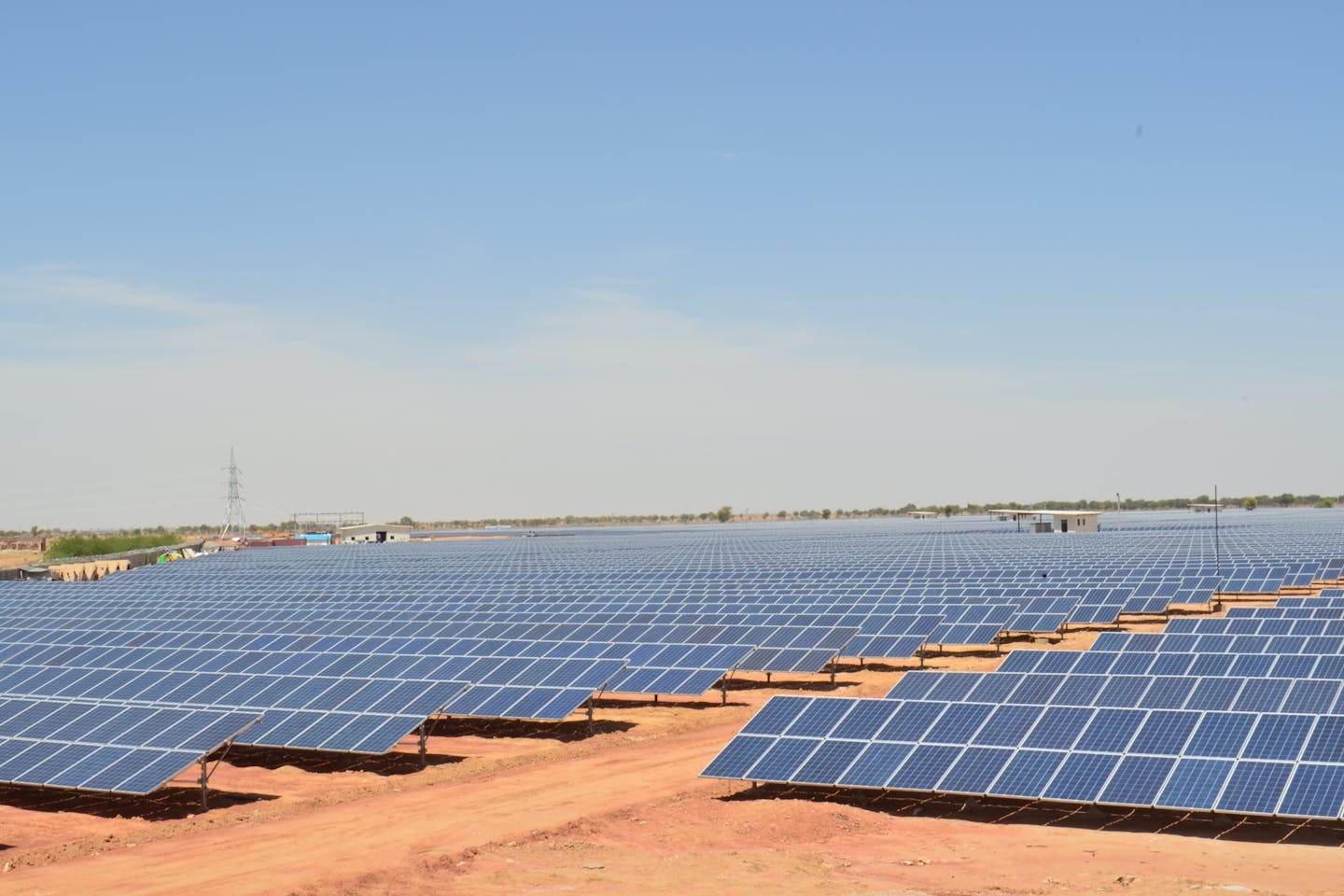introduce:
Rajasthan is a leader in the adoption of renewable energy and has recently made significant inroads in the field of solar energy.
The state has submitted bids to develop solar projects with a capacity of 245 megawatts (MW) as part of the KUSUM scheme (Kisan Urja Suraksha evam Utthaan Mahaabhiyan). The response from developers has been overwhelming, underscoring the growing interest in solar energy and the state's favorable investment climate.
background:
The KUSUM program was launched in 2019 by the Ministry of New and Renewable Energy (MNRE) to support farmers in using solar energy for irrigation and to promote decentralized solar power generation. The program provides financial support for farmers to install solar water pumps, develop grid-connected solar power projects and build solar power plants on marginal land.
Bidding process details:
Rajasthan Renewable Energy Company Limited (RRECL) has issued a tender for the development of solar projects under the KUSUM scheme. The bidding process has attracted a host of well-known developers and solar companies eager to exploit the state's solar potential. A total of 245 MW of capacity has been allocated to various project sizes and locations, allowing for broader participation and distribution of solar projects across the state.
Result and impact:
The enthusiastic response from bidders reflects Rajasthan's favorable investment climate and growing confidence in the state's solar industry. The development of these solar projects will significantly increase Rajasthan's renewable energy capacity and help the state meet its renewable energy targets. In addition, the implementation of the KUSUM program will promote the use of solar water pumps by farmers and reduce consumption dependence on traditional energy sources and promoting sustainable agricultural practices.
Central argument:
1. Rajasthan has seen a notable response from developers submitting bids for 245 MW of solar projects under the KUSUM scheme.
2. The KUSUM program aims to encourage farmers to adopt solar energy and promote decentralized solar power generation.
3. The participation of prominent developers reflects the promising investment climate in the solar industry in Rajasthan.
4. The successful implementation of these solar projects will strengthen Rajasthan's renewable energy capacity and contribute to its sustainable development goals.
5. Farmers in Rajasthan will benefit from the introduction of solar water pumps, which will lead to energy self-sufficiency in the agricultural sector and reduce CO2 emissions.
Conclusion:
The high level of engagement and enthusiasm among developers in the bidding process for solar projects under Rajasthan's KUSUM scheme marks a positive development for the state's solar industry. With the successful implementation of these projects, Rajasthan will further strengthen its position as a leader in renewable energy deployment and contribute to India's broader clean energy goals. Focusing on empowering farmers and promoting sustainable practices, the KUSUM program demonstrates the government's commitment to creating a greener and more prosperous future for Rajasthan and the country as a whole.


0 Comments